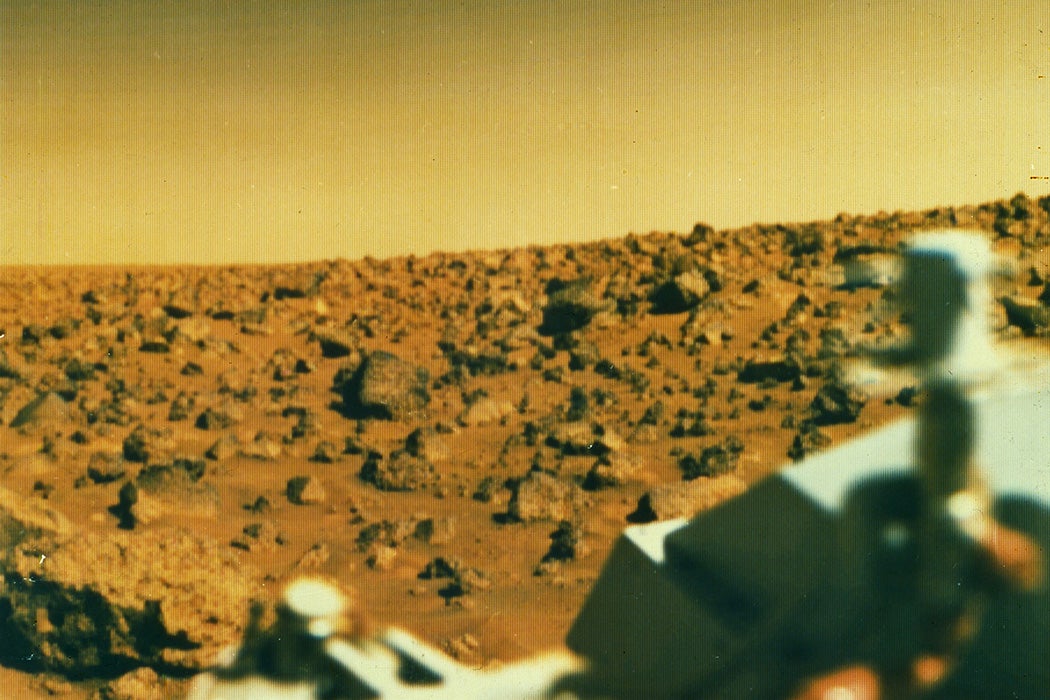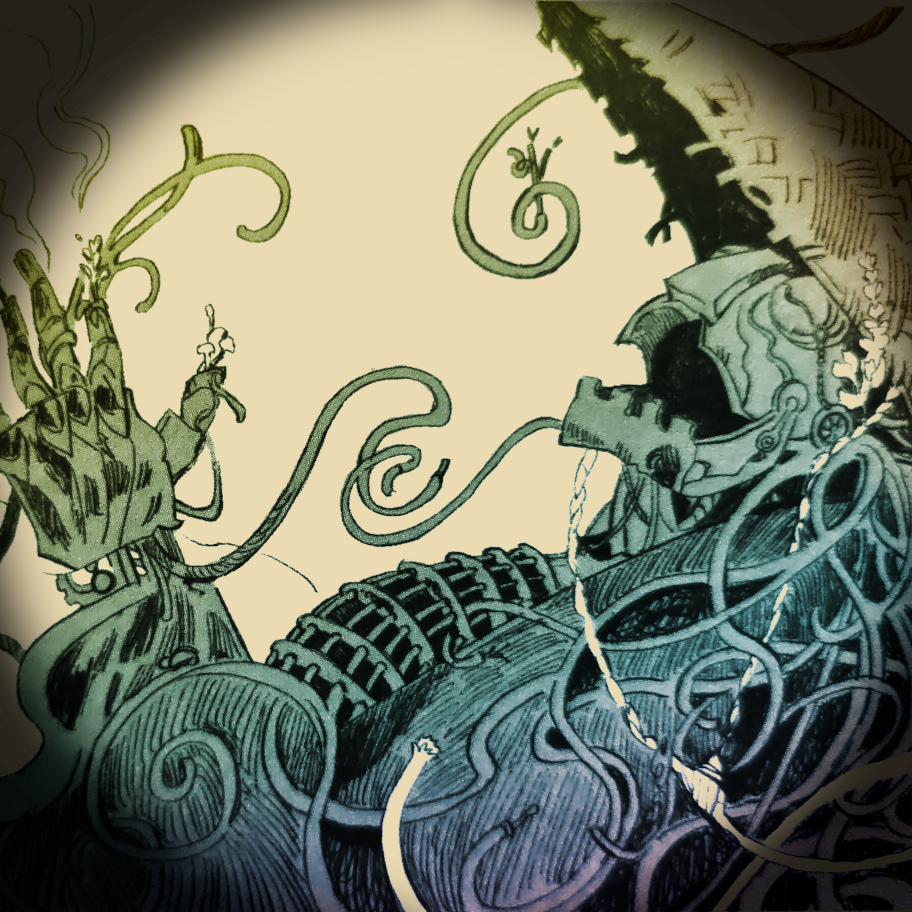At first, the title of the post made me think that we killed all (possible) life on Mars, not just in the samples taken, just by having landed there and contaminated the planet. Now that would have been a true tragedy.
I mean, to be fair, it would be quintessentially human if we did.
It’s kind of our thing to fuck up thriving ecosystems for no good reason.
We’ve even managed to turn our once vacant exosphere into a high velocity garbage dump, now that’s commitment to pollution.
[deleted]
If there was life there 50 years ago there’s good chances it has survived til today. Afaik there hasn’t been any change in mars that would eradicate whatever life there is. We mightve killed the single organism we found but if we found one we can find more.
There are stories that I wish would go away because they are just completely unsubstantiated. This is one of them.
The article offers an explanation of the Viking test results, why do you think it’s unsubstantiated?
Because it’s without substance. I has no substant to be aited. This claim is actively harmful to science.
You didn’t answer the question.
It’s interesting how the article you linked presents the conclusion
microbial life is not ruled out by the new results; but the fact is that the original Labeled Release results make sense with the chemistry of Martian soil as it’s now understood, no microbial life needed.
Meanwhile the paper it references concludes
the chlorine component of the chlorobenzene is martian, and the carbon molecule of the chlorobenzene is consistent with a martian origin, though we cannot fully rule out instrument contamination.
Which would seem to be the same thing but with opposite probability biases. Your link is twisting its source material.
This claim is actively harmful to science.
This is hyperbole.
Some pretty interesting ideas. I was unaware that anything was living in the Atacama salt deposits, which certainly lends some credence to the idea that something could be pulling moisture out of the air on Mars, thin as it is.
I remember reading some article about deserts, and how, even when they seem completely empty of life, they actually have entire tiny fragile ecosystems living just under the sand. The article was in favor of imposing restrictions on dune buggies in a couple deserts where the activity was growing out of hand, because wherever the buggies went, that fragile ecosystem was just wiped out. And with the harsh conditions, it takes a really long time for them to recover.
Yeah, cryptobiotic crust! I’ve seen it in the Sonoran desert. It doesn’t look like much, I think if I hadn’t been warned ahead of time not to step on it I might have just done it without thinking. Given that just footprints can take on the order of decades to heal I think a dune buggy ban makes sense in areas where it grows.
I’m still surprised to learn about the microbes in the Atacama: it’s the driest place on earth, and I would have expected the salt deposits to make it even harder for anything to live there. Yknow what they say I guess: “Life, uh, finds a way.”
cryptobiotic crust
Yeah, that’s it! I couldn’t remember the details, and cba to search for them. Thanks!
Removed by mod





